Summary
High blood pressure, also known as Hypertension, means that the blood pressure in the body has reached unhealthy levels. Blood pressure is the force that the blood exerts on the walls of blood vessels (arteries) and the extent of resistance that the blood receives when the heart pumps. Long-time increased blood pressure can lead to heart-related (cardiovascular) health problems.
Please click on this link to know better about high blood pressure treatment.
Hypertension can be broadly divided into two main types- primary or essential hypertension and secondary hypertension. Mild high blood pressure may be without any symptoms (asymptomatic), hence, people with a mild increase in blood pressure can remain unaware of their condition. However, in people with severe hypertension, there can be alarming symptoms such as a headache. High blood pressure could be a result of some underlying or associated health problem.
However, at times, the cause of high blood pressure could remain unknown. Management of hypertension mainly includes restriction of salt in the diet, physical exercise, and taking medicines to regulate blood pressure. If there is a delay in detecting high blood pressure and starting treatment, there may be serious complications such as heart attack (acute myocardial infarction) and eye problems (retinopathy).
Outcome mostly depends on the underlying cause and the treatment received. The outcome of hypertension is affected in people with diabetes. Management of high blood pressure requires a lifelong commitment to bringing changes in lifestyle and taking medications throughout life. As such, it could be difficult for people with high blood pressure to stick to their medications. This is the reason why a timely visit to clinics with regular checkups and doctor’s counseling play a vital role in managing high blood pressure.
(Read More - Ayurvedic treatment for High BP)



 Doctors for High Blood Pressure
Doctors for High Blood Pressure  OTC Medicines for High Blood Pressure
OTC Medicines for High Blood Pressure
 Lab tests for High Blood Pressure
Lab tests for High Blood Pressure High Blood Pressure FAQs
High Blood Pressure FAQs High Blood Pressure articles
High Blood Pressure articles News for High Blood Pressure
News for High Blood Pressure
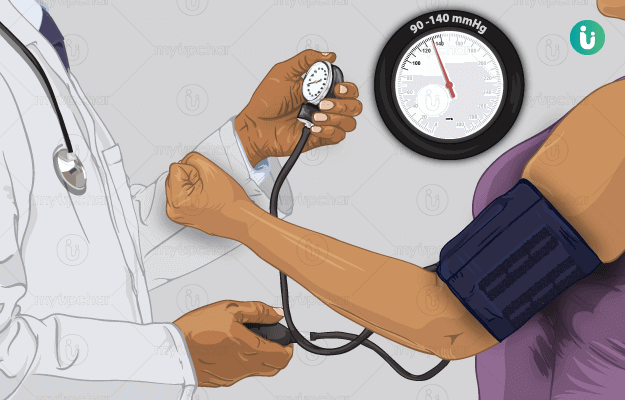
 Ayurvedic Treatment of High Blood Pressure
Ayurvedic Treatment of High Blood Pressure
 Exercise for High Blood Pressure
Exercise for High Blood Pressure
 Home Remedies for High Blood Pressure
Home Remedies for High Blood Pressure
 Homeopathic Treatment of High Blood Pressure
Homeopathic Treatment of High Blood Pressure
 Yoga for High Blood Pressure
Yoga for High Blood Pressure












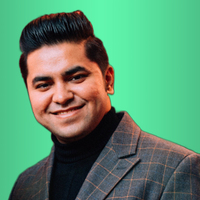


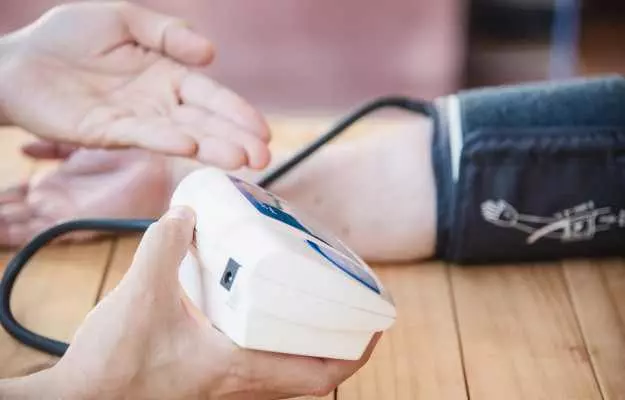


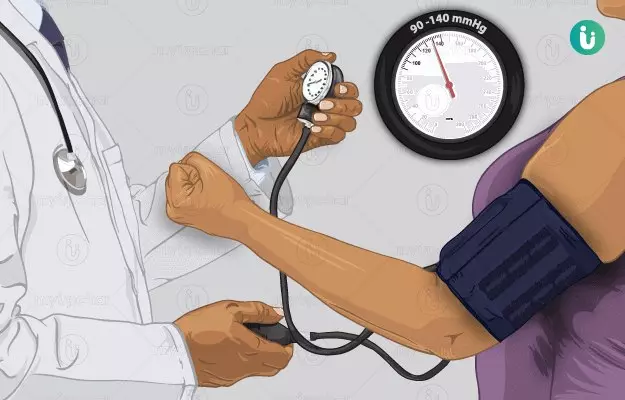






 Editorial Team
Editorial Team
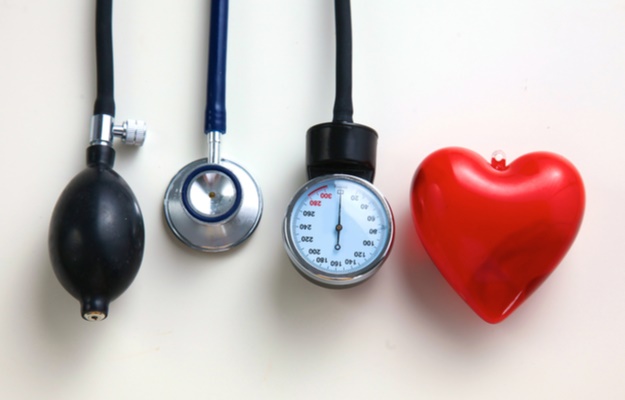



 Dr. Nadheer K M (AIIMS)
Dr. Nadheer K M (AIIMS)

 Dt. Akanksha Mishra
Dt. Akanksha Mishra











